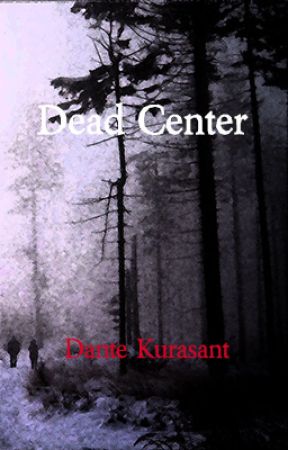“I heard that those things are bad for your lungs, you could develop cancer.” Ruth detailed when she saw Sandra Richards light a newspaper rolled cigarette. Sandra gave Ruth a piercing stare before asking: “Your point?”
“My point: you shouldn’t be smoking.”
Sandra, being an angst-badgered adolescent, who recently lost her father, responded with an insalubrious (as Ruth would describe it) four letter word coupled with ‘you’. Ruth’s response to Sandra’s response was much more subtle: a long-winded sigh, a stare and a mental note to never inquire about the habits of a dad-less teenager again. Even though they’ve always had a volatile friendship, the week following Robert’s death had strained their relationship to near breaking point. Sandra had lapsed into disparaging habits and started using foul language. Ruth, who was convinced that they (she and Sandra) lived on the outer rim of adolescence, found it strange that Sandra would use teenage rebellion as a coping device.
“Did you see how his eyes shot at me?” Sandra said midway through her cigarette.
“James?”
“Yes, Pastor James.”
“He feels guilty.”
Sandra stubbed the cigarette out on the trunk of the tree they’ve been standing under and said: “Why? It’s not his fault my father off-ed himself.”
“True, but he feels a sense of responsibility towards the townsman, mostly because he’s the only Protestant pastor left in this town.”
Ruth watched as Sandra proceeded to push the bud into one of the knotholes in the church’s prized apple tree.
“Does smoking on church grounds make the venture more exciting?” Ruth inquired.
“No, I think the fact that my brain, like any other teenagers, craves general rebellion in any form, is what drives me to smoking on church grounds. The excitement factor is determined by how outlandish the act of rebellion may be in the given situation. Since both Mrs. West and the janitor smoke on the church grounds, means my act is redundant and dull.”
"I asked for an answer, not a dissertation."
Sandra grimaced at her own cold logic; it reminded her of her father, before he joined the Virtuoso Society. The Virtuoso Society was, as their spokesman (Orifice Trenton) stated, a group of intellectuals who are bound together by the need to learn, and dream, more. In reality they were just another faux-Mensa group. Her pre-Virtuoso father was a cynical man, always talking about the variables of the universe. His response to death was: “It’s inevitable, we’re tiny specks on a bigger, but still tiny, speck floating in a sea of unknowns and thousands — no millions — of potential disasters that could, if the variables align correctly, kill us all. So earthly death is euthanasia compared to what could happen.”
After about five months of bi-weekly meetings, and strange nocturnal appearances/disappearances, her father became ‘soft’. His cold logic melted and gave way to compassion and the need to help the less fortunate. This ignited Sandra’s curiosity and she did, at one stage, ask her father about his sudden change of persona. Before responding, he swallowed hard and clenched both his thumbs. He looked at his daughter and said: “My father used to tell me: ‘Be sure that your wisdom guides your intelligence, never the other way around’.” Sandra was too busy deciphering the cryptic puzzle her father had left her, to notice the single tear that rolled from his left eye. He had left before she could respond.
Sandra fished inside her shirt pocket and pulled out another cigarette, she then used a match to light it. She read disappointment in Ruth’s eyes.

YOU ARE READING
Dead Center
Mystery / Thriller'Crazy people do crazy things.' That's what Catherine had believed, until Rob, her husband crept into the woods and killed himself. An act that sends the town of Guardsfield into chaos. Secrets are revealed, lies are told and people disappear. Only...
